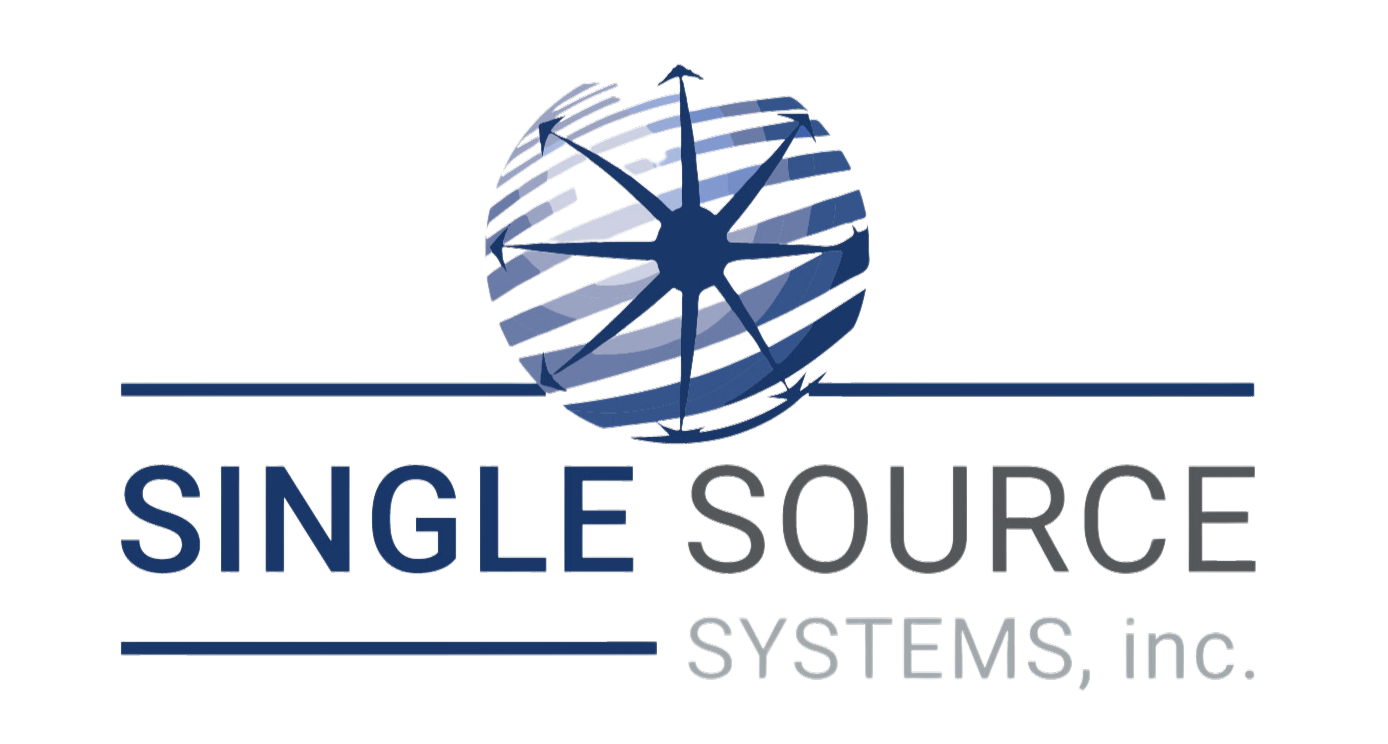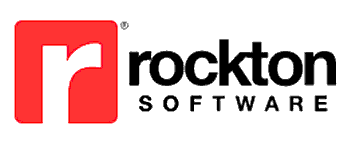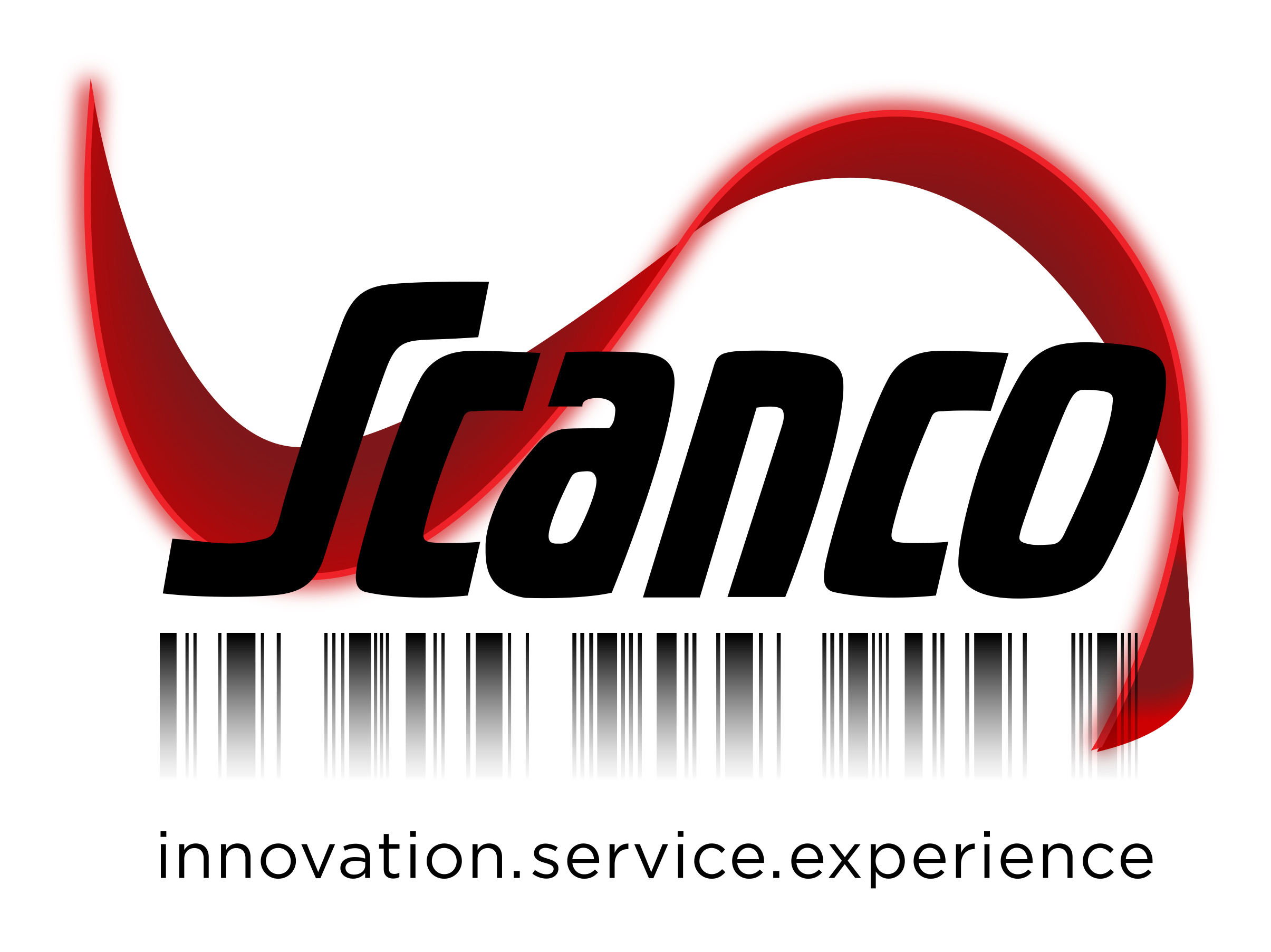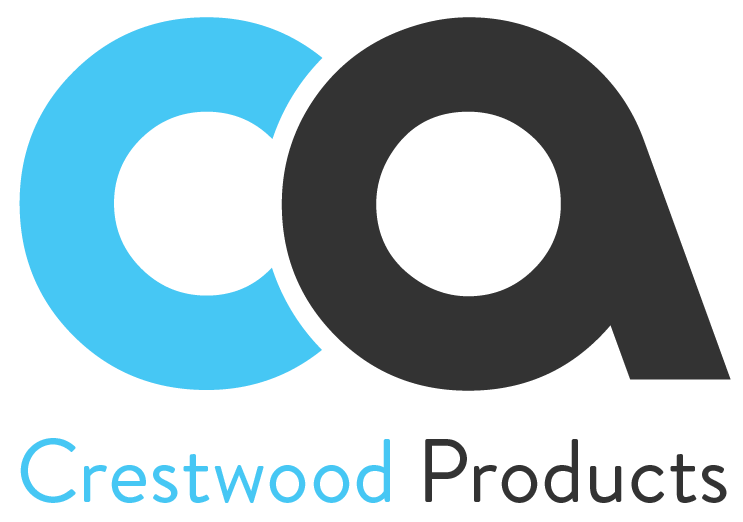Discrete and process manufacturing are two main types of manufacturing. Usually, the type can be classified based on manufacturing operations and processes. It’s essential to identify whether your business is into process manufacturing or discrete manufacturing. Identifying the type of business will help you understand which ERP system is the right fit to meet your manufacturing goals.
Both discrete and process manufacturing operate differently. If you are not using the right ERP system, it will affect the regular operations that are being carried out and affect the return on investment (ROI). Before delving into the differences between ERP systems for these manufacturing types, let’s establish a understanding of discrete and process manufacturing.
What is Discrete Manufacturing and Process Manufacturing?
Discrete manufacturing is when the manufactured items are countable and different components are assembled to make a final finished good. It involves discrete units of measures like each and pack—examples of discrete manufacturing industries are electronic devices, medical devices, industry machinery and components, and more. Process manufacturing is when two or more raw materials are mixed or blended to produce an intermediate or a finished good. It involves weight and volume units like kg, pound, and liter—examples of process manufacturing industries: food and beverages, personal care and cosmetics, supplements, and more.
Distinction Between Discrete And Process Manufacturing Systems
Formula
Discrete manufacturing involves assembling component parts to produce the final finished good with fixed units. Component parts and finished goods are countable in discrete manufacturing. In process manufacturing, the formulation is used to create intermediate or finished goods with different weight and volume units to define the precise proportions of the ingredients to make a formula/recipe. A process manufacturing system is needed and not a typical discrete manufacturing system to work through a specific formula/recipe.
Units of Measurement
Discrete manufacturing does not involve complex units of measurement that require the calculation of complex unit conversions. Process manufacturing involves complex unit conversions as raw materials used in the formula can be in weight, volume, or specific units like gallons, liters, kgs, and others. This requires unit conversions for precise weight and volume calculations, which can be achieved through a process manufacturing system.
Assembly and Disassembly
Discrete and process manufacturing uses different processes to manufacture a product. It’s easy to disassemble finished goods and separate original components in discrete manufacturing, which is easy with a typical discrete manufacturing system. Still, it’s challenging in process manufacturing as mixing operations are used in process manufacturing. It makes it difficult to separate raw materials from the blended product. For example, you cannot separate water, sugar, salt, or orange pulp from orange juice once raw materials are mixed to form an intermediate orange juice.
Other factors, such as batch production, handling losses, allergen tracking, and quality, can help differentiate discrete and process manufacturing operations better. Learn about these factors in brief here.
Conclusion
Identifying and implementing the right ERP system with the right solutions is essential to scale production and consistently deliver products that meet customer demands. Ready to integrate the right solution for your business to streamline your manufacturing process and meet business goals? Integrate eWorkplace Apps’ process manufacturing suite for Acumatica, a comprehensive solution that maximizes efficiency and reduces waste. Visit www.eworkplaceapps.com for more details.






































